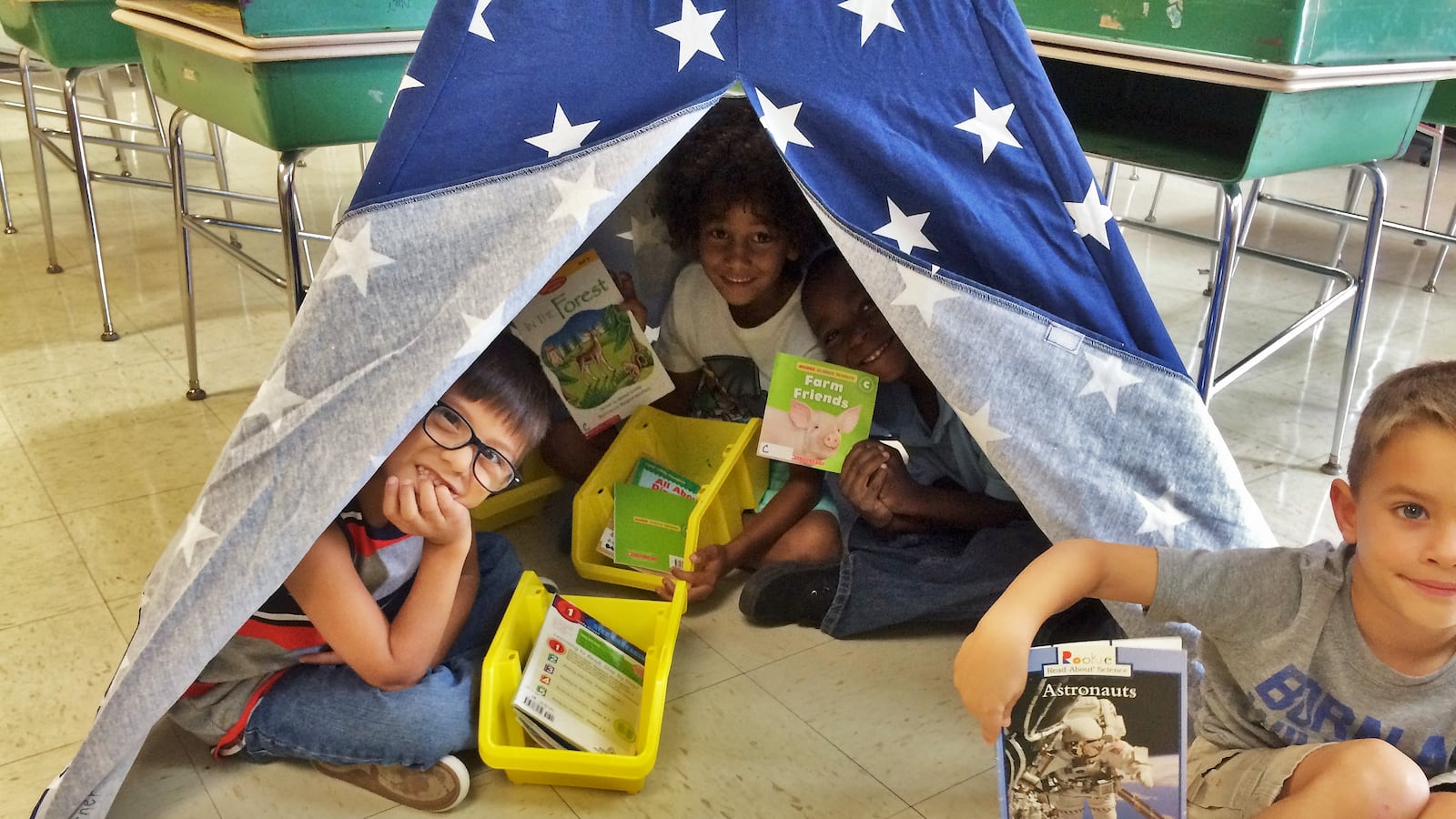Last year, some 600 children statewide got to take advantage of summer reading programs under a new Tennessee literacy initiative. This summer, that number will soar to 10,000 children, thanks to a major state investment in the program.
The State Department of Human Services announced Tuesday its $30 million investment in Tennessee’s Read to Be Ready Summer Grant program.
The State Department of Education launched Read to be Ready a year ago to give its youngest students a foundation in reading — and boost the state’s lagging literacy rates. Only a third of its fourth-graders earned a proficient score on the most recent National Assessment of Educational Progress, also called the Nation’s Report Card.
As part of Read to be Ready, the state awarded grants to local school districts and universities to operate summer literacy programs in their communities. Bolstered by a $1 million, three-year grant from the Dollar General Literacy Foundation, it provided up to 20 grants to applicants across the state. The DHS investment should increase the number of programs to as many as 350 this year, officials say.
“We know the ability to read translates to academic success while equalizing opportunities for all students,” McQueen said. “The investment from DHS to the Read to be Ready work is a stellar example of state agencies working collectively to support a strong vision.”
Outgoing DHS Commissioner Raquel Hatter said the reading investment aligns with her department’s efforts to improve the wellbeing of Tennessee families. “Read to be Ready is an absolute game changer,” she said.
First lady Crissy Haslam, who has made early literacy her primary cause, praised the DHS for investing in summer reading, which aims to counter the summer slide that occurs when students fall behind during the school break.
“Literacy is essential to success in life, and it is not acceptable to have less than half of Tennessee students reading proficiently,” Haslam said. “Bill and I are thrilled for TDHS’s tremendous investment in the Read to be Ready summer program and the potential it has to impact thousands of students and move Tennessee closer towards the statewide reading goal.”

